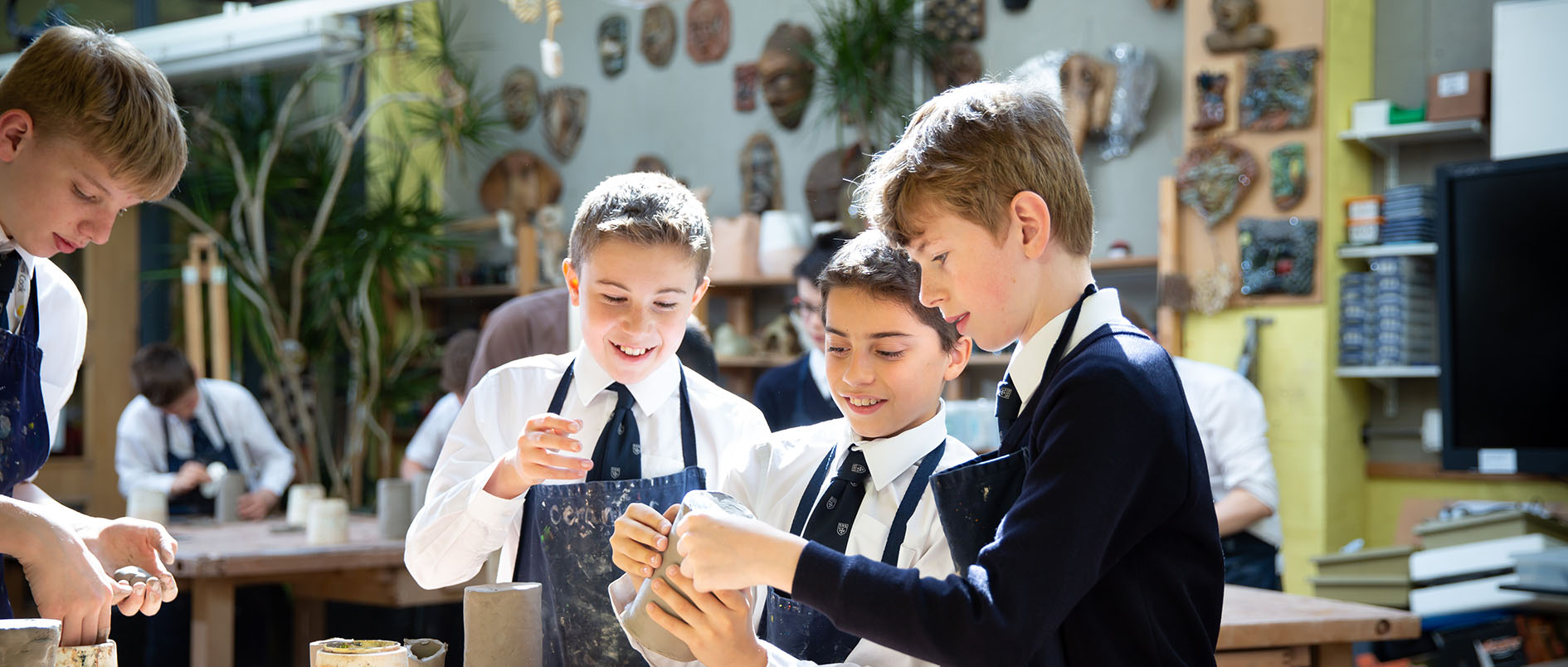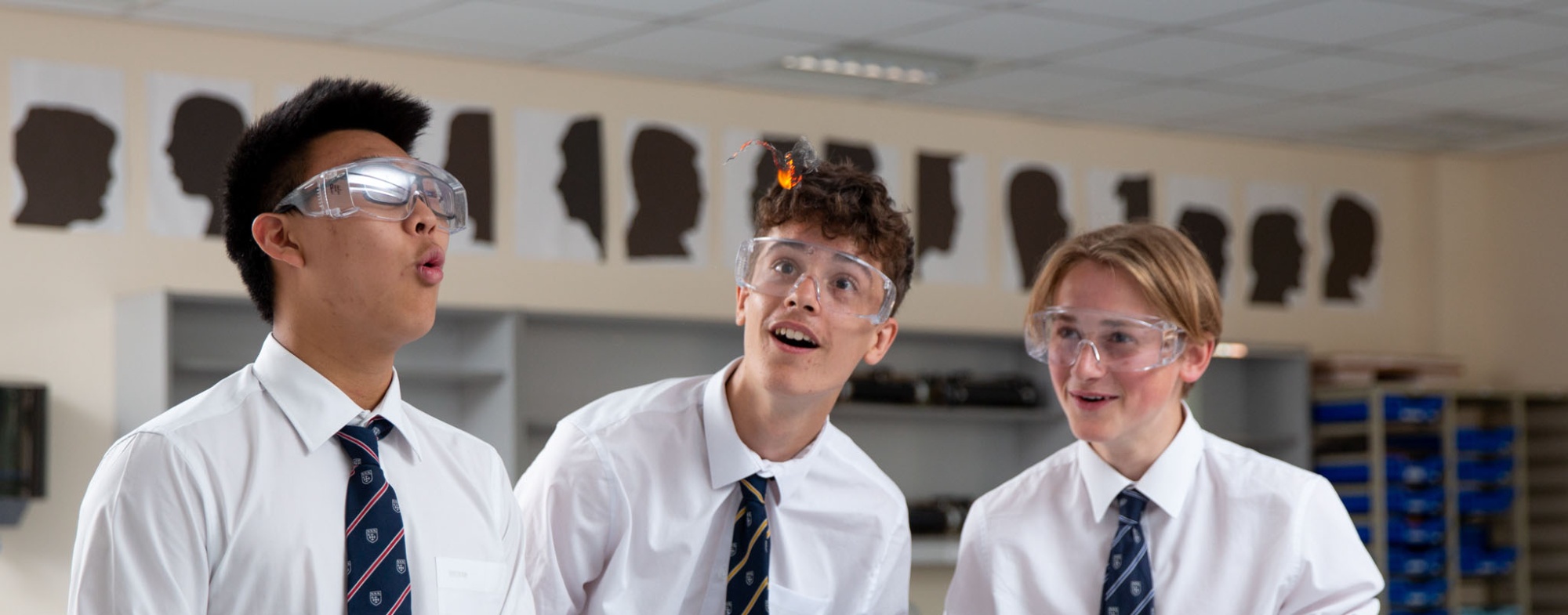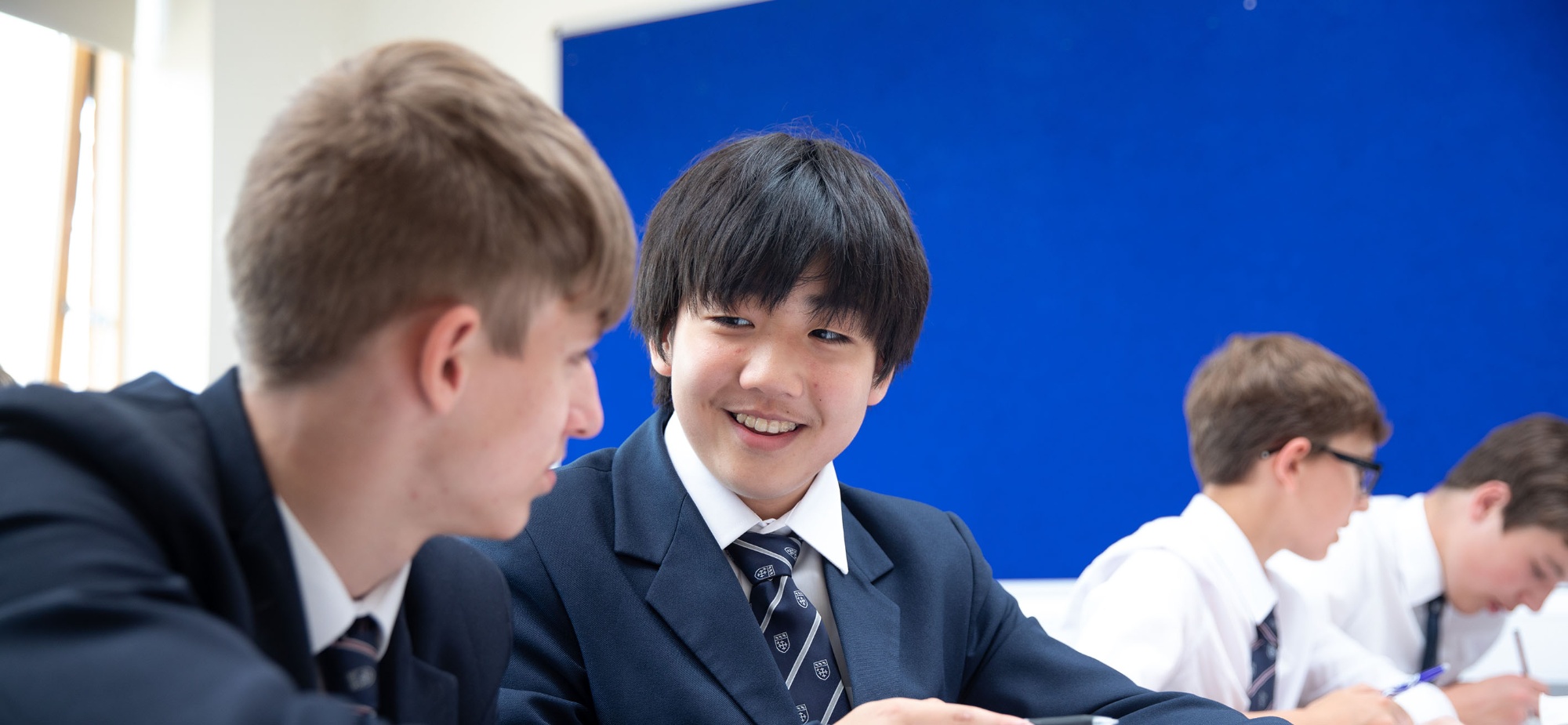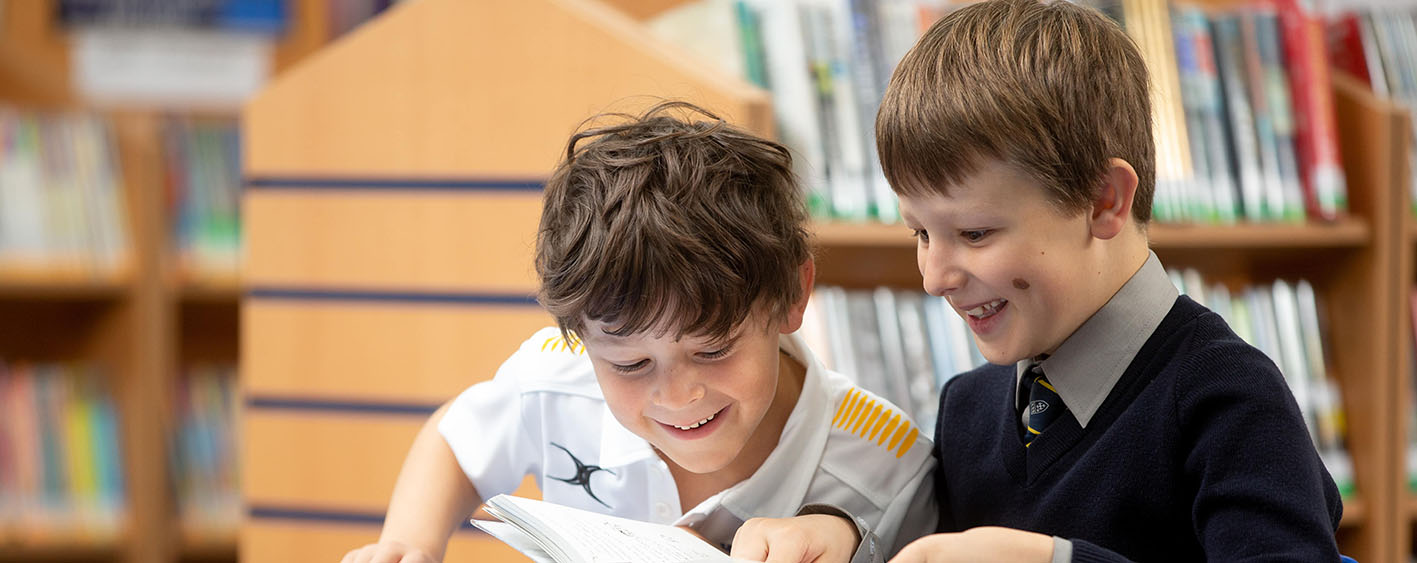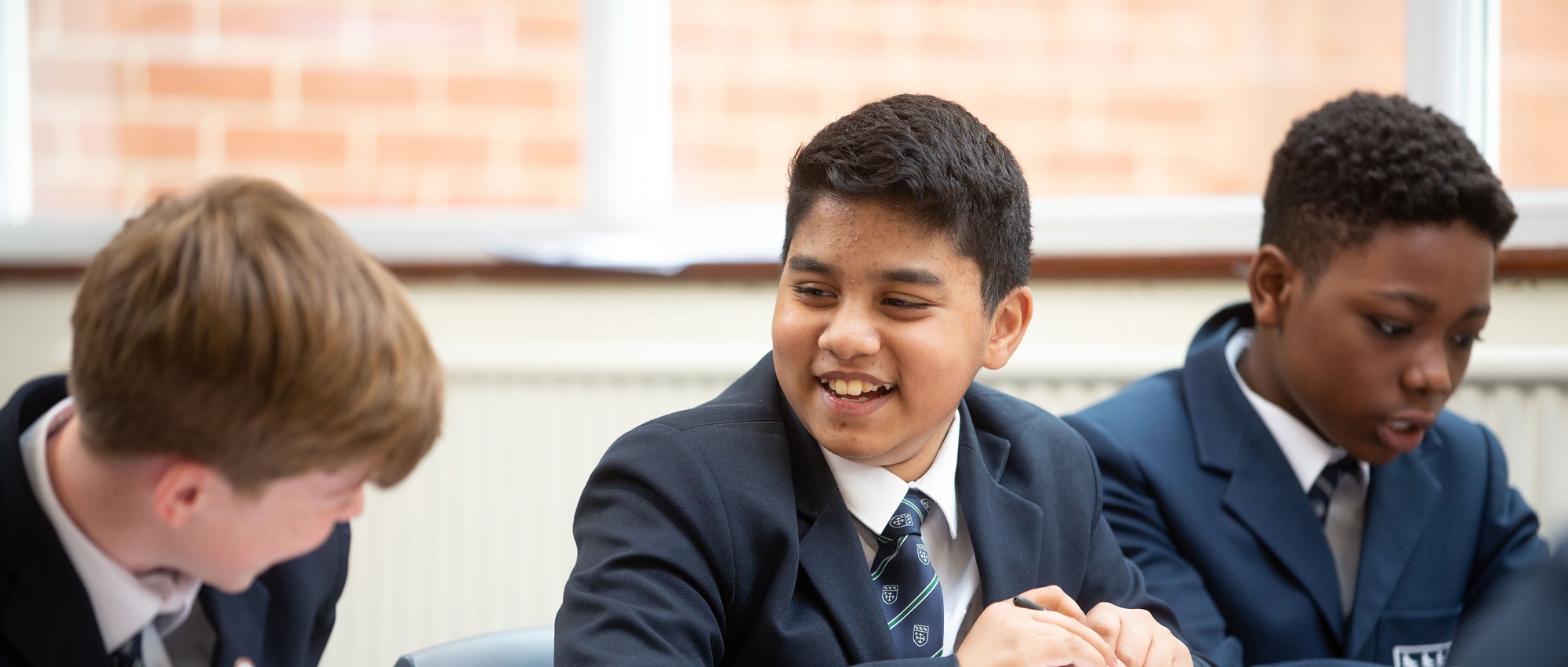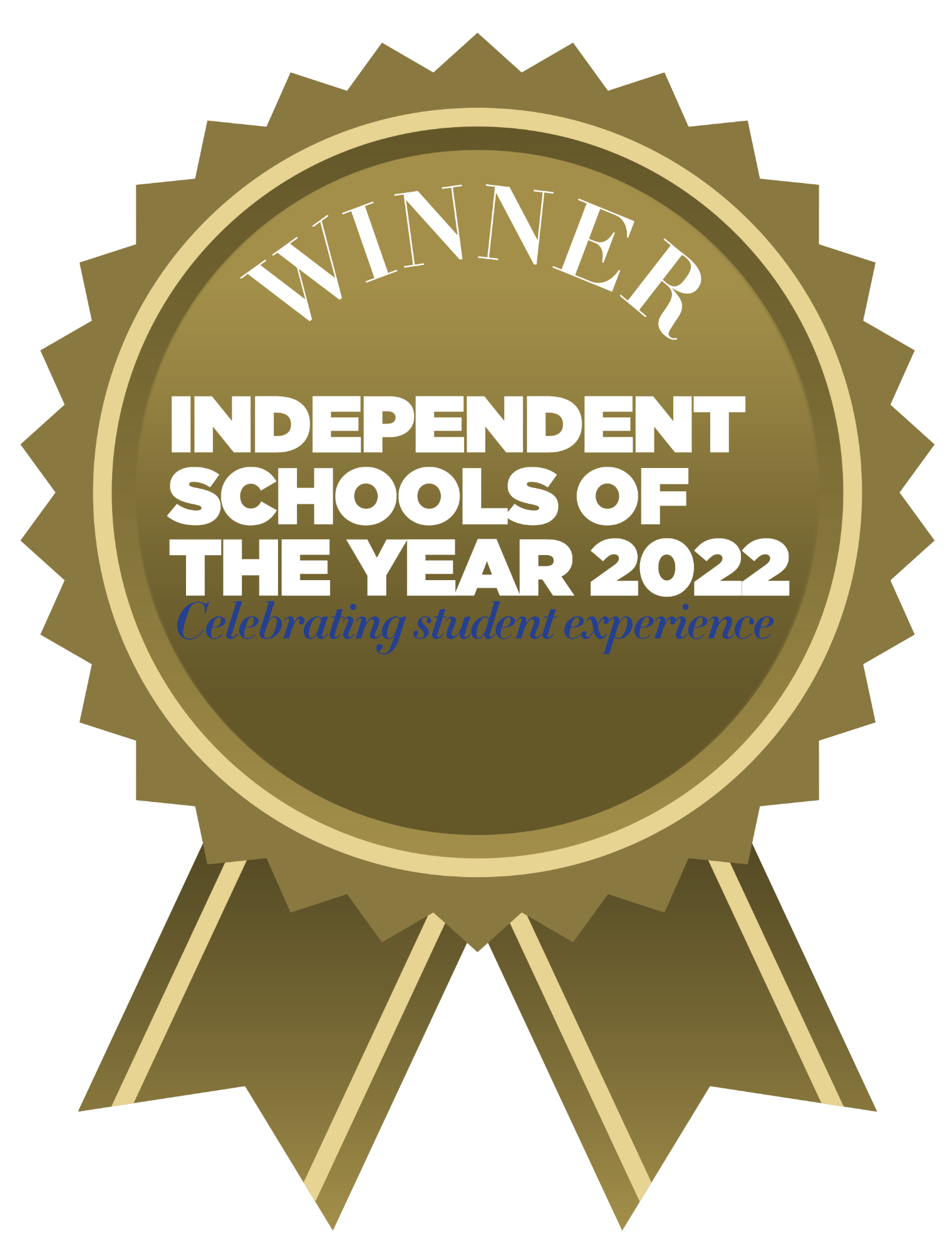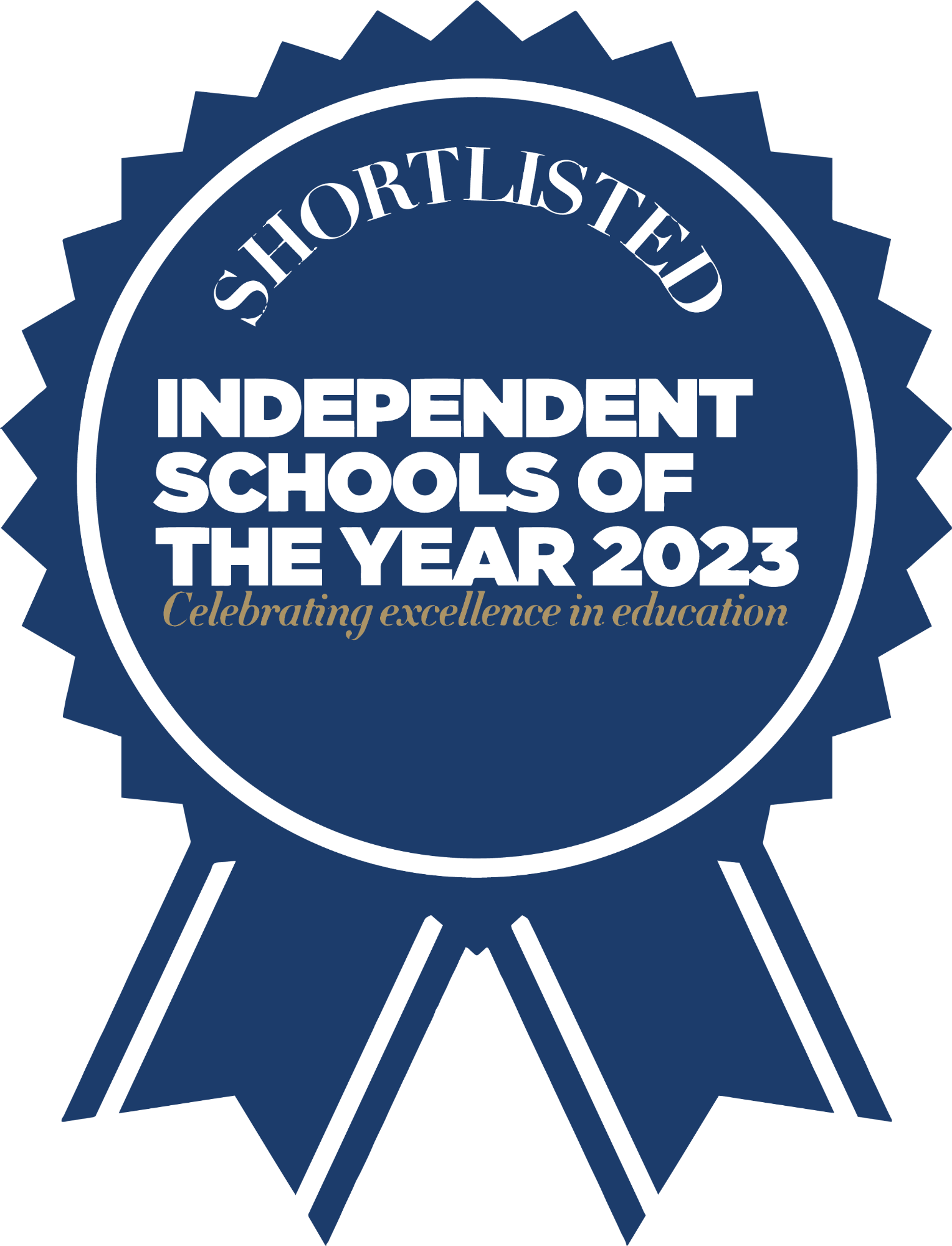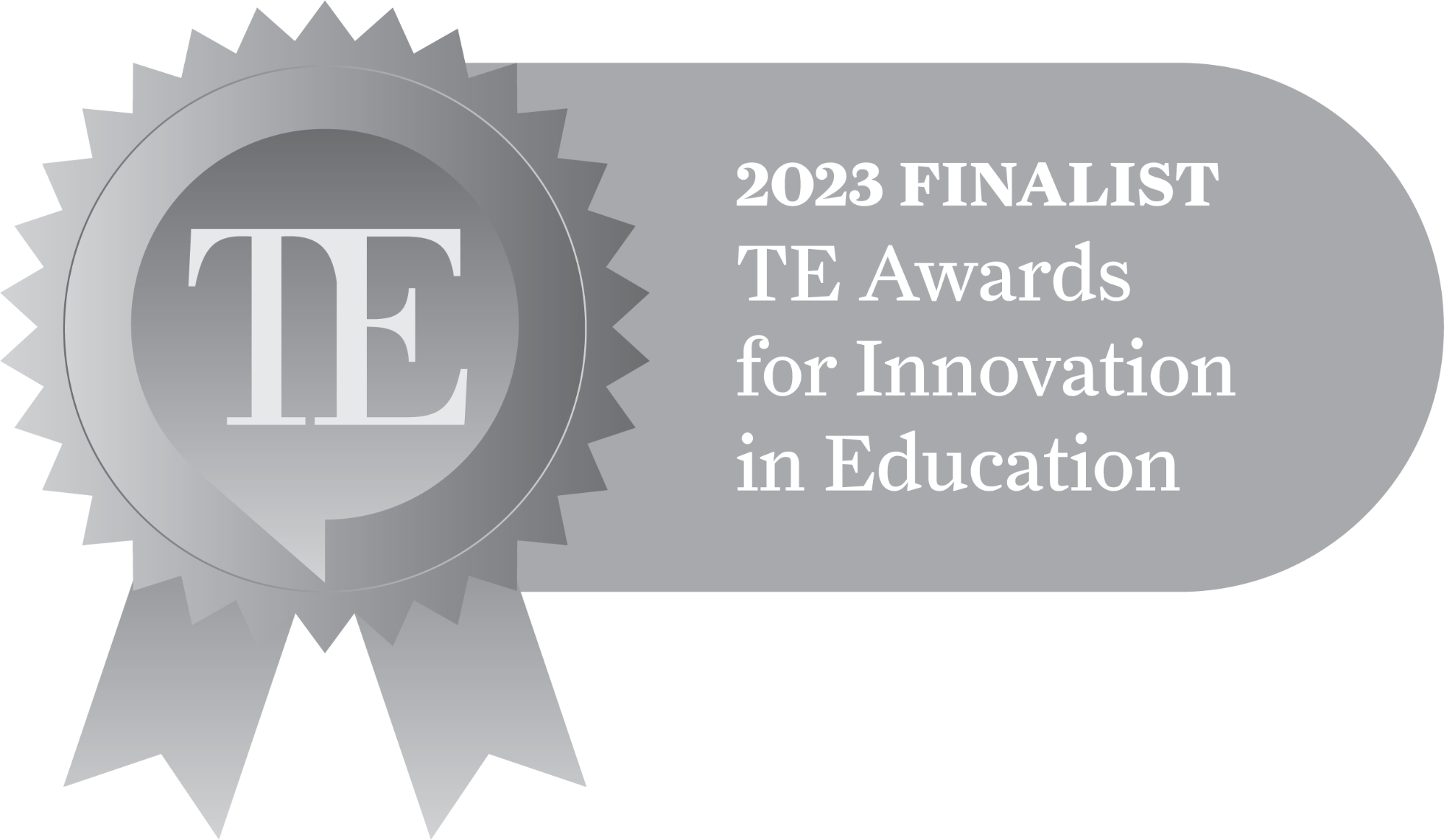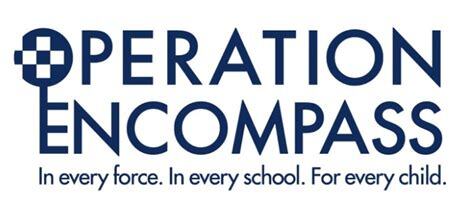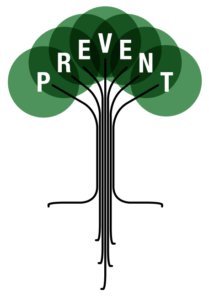‘Why do we need to know this?’

‘Why do we need to know this?’ and, ‘Is this in the exam?’ are two of the most dispiriting questions to hear as a teacher. We want to reply like W B Yeats and say: ‘Education is not the filling of a pail but the lighting of a fire.’ We like to think that each lesson is like those adverts on the television where children stare in wonder at the magic their teacher is weaving and the ‘aha’ moments zip around the room like Christmas lights. We don’t want to face the fact that for some children the ability to solve quadratic equations or identify sibilance in a poem will never be needed as adults.
To be fair to our pupils, these questions come up rarely. Sometimes I am lucky enough to follow a pupil around school and witness lessons from their perspective. It is no exaggeration that those moments of wonder do occur frequently at Warwick School. In a recent visit to the Physics Department, I found it genuinely moving to watch the sense of discovery that comes from a science experiment. I was as gripped as the pupils by the tales woven by their skilful teachers to lead them to understanding.
In other lessons, one of the things I see is a sense of “flow;” in these lessons, the pupils are so engrossed in the development of the skill that they are disinclined to step out of it and query why it is “needed.” Our A level Further Maths students, deep in the intense machinations of solving a complex equation, demonstrate the pure pleasure that comes from learning for learning’s sake. I have watched History lessons where the teacher draws on comparisons from a period 300 years separate from the one being studied, and no pupil would query if it was in the exam because the parallels are illuminating and the similarities too fascinating to challenge.
At Warwick School, there are so many examples of teaching instilling a love of learning for learning’s sake that it feels silly to even begin to list them. Even a brief glimpse at the website gives a sense of the immense range of talks, societies and clubs that underpin our philosophy, that we want to inspire a deep love of learning for its own sake.
Yet, I think it’s important to still think about the desire behind the question, ‘Why do we need to know this?’ Pupils rightly sometimes need to see a connection between what they learn and how the world works. It is important to keep asking ourselves if we are doing enough to allow pupils to see how their subjects link to the real world. We also need to occasionally take the time to help pupils see how interconnected the subjects are. If we address a problem from a range of different disciplines, can we shed light on it?
As a consequence of our discussions about the Future Curriculum, we are looking to developing projects in the lower school that take place after the summer exams. We are currently developing a tree project which we hope will combine aspects of the Biology/ Geography/ Computing/ Art and English curriculum to allow the boys to see how what they learn has applications in the real world. We are also developing a Future Science project involving Physics/ Computing/ Music and Languages linked to AI and how we communicate in Space. For the Sixth Form, we are also working on some ‘deep dive’ conferences that look at real-world issues from a variety of perspectives, notably the current migrant crisis and issues around global health.
As our parent body work in the ‘real world,’ this blog also serves as a request for help! We need parents who work in the fields of AI, space engineering, eco-responsibility, global health and effective altruism to help judge the projects. If you’re willing to give up a few hours in June, then I’d be very grateful to hear from you. We want to instil a love of learning for learning’s sake, but we also want to sometimes step back and help our pupils see the direct application of their own ideas to the problems the world currently faces.
Mrs Kimberley Wyatt, Deputy Head of Teaching and Learning | k.wyatt@warwickschool.org

